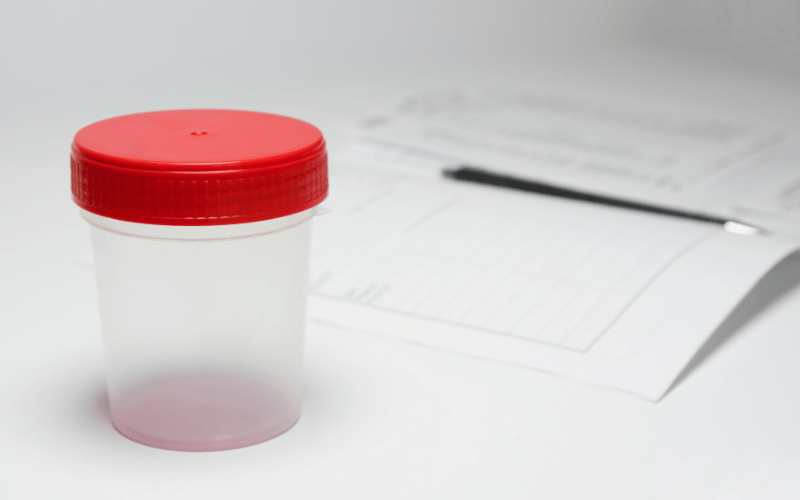Symptom 6: Decreased Urine Output

Urine output is often an overlooked aspect of our daily health metrics, yet it holds great significance. Our kidneys, each day, filter about 120 to 150 quarts of blood to produce 1 to 2 quarts of urine, which is composed of wastes and extra fluids. This regular expulsion is vital for our body’s homeostasis. When the volume drops noticeably, it’s an early warning bell ringing loud and clear, pointing towards a potential kidney malfunction.
When someone is diagnosed with MPGN, it implies that their kidneys’ glomeruli – the tiny filtering units – are undergoing changes. These alterations may stem from inflammation, scar tissue, or other disruptions. As MPGN progresses, the glomeruli’s filtering ability can be significantly reduced. This compromised function, in turn, diminishes the quantity of waste and water converted into urine, leading to a decreased output.
It’s not merely about measuring how much you’re urinating. Decreased urine output may coincide with a dangerous build-up of waste products in the bloodstream. As these toxins accumulate, they can incite a host of other symptoms: lethargy, shortness of breath, and even cognitive confusion. In essence, what starts as a plumbing issue can quickly escalate into a systemic problem, underscoring the interconnectedness of our body’s functions.
While decreased urine output in the setting of MPGN is alarming, it’s essential to remember that various factors might be at play. Dehydration, certain medications, acute infections, or even heart-related issues can influence urine production. Thus, while a reduction could hint at MPGN progression, it’s always crucial to assess it in the broader context of overall health.
Regular monitoring of one’s urinary habits is more than just a daily routine; it’s an invaluable health checkpoint. Any persistent changes, especially a drop in volume, should be discussed with a medical professional. Unraveling the cause early, be it MPGN-related or otherwise, can guide appropriate interventions, ensuring a more proactive approach to renal health. (6)